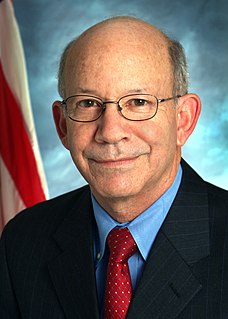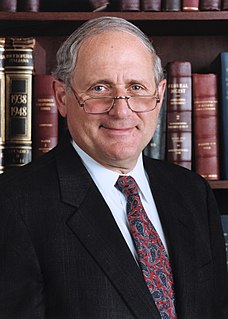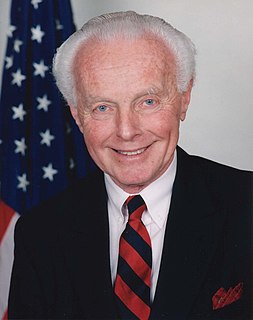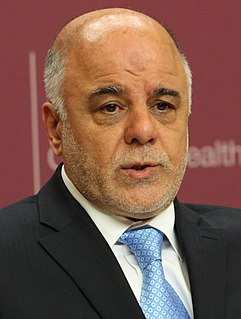A Quote by Tulsi Gabbard
It's easy to say, let's go in and get the bad guys. But you have a divided country of Sunnis and Shias. The United States goes and takes action there on behalf of the Iraqi government. You've got Iran coming in and saying we're going to stand with Iraqi Prime Minister Nuri al-Maliki, so now we're aligning ourselves with Iran, and if we do air strikes, becoming de facto air force for them.
Related Quotes
In the Islamic world, the U.S. is seen in two quite different ways. One view recognizes what an extraordinary country the U.S. is.The other view is of the official United States, the United States of armies and interventions. The United States that in 1953 overthrew the nationalist government of Mossadegh in Iran and brought back the shah. The United States that has been involved first in the Gulf War and then in the tremendously damaging sanctions against Iraqi civilians. The United States that is the supporter of Israel against the Palestinians.
It was not the United States who invaded Kuwait; it was Iraq. It was not the United States that went to war with Iran; it was Iraq. It was not the United States that fired chemical weapons at Iran; it was Iraq. And it was not the United States that murdered innocent Iraqi citizens with chemical weapons; it was Iraq.
In 1953, the United States played a significant role in orchestrating the overthrow of Iran's popular prime minister, Mohammed Mossadegh. The Eisenhower administration believed its actions were justified for strategic reasons, but the coup was clearly a setback for Iran's political development and it is easy to see now why many Iranians continue to resent this intervention by America in their internal affairs.
But the U.S. has to be careful. If our strategy depends on Sunnis doing the fighting to clear Mosul and Ramadi - and, as near as I can tell, that is the strategy - then you have to be careful that Sunnis don't perceive the U.S. to be operating arm in arm with Iran or with Iranian-backed Shiite militias that Abadi - Prime Minister Abadi is using in Iraq, so that, in effect, we're fronting for Iran.
Now the world believes in Kurds, as they have become partners in that region. The West doesn't believe in the Iraqi government - not in Maliki before or Abadi today. It doesn't believe in Syria in any way, nor in Iran. So the Kurds could maybe work together with the Western world to bring stability to the region. It's a nice change, coming as it is after hundreds of years of the struggle of the Kurds.
We often forget that Iran has a long tradition and history with the United States. Iranians have been coming to the United States as students for decades. American businessmen were in Iran developing the oil fields. ...There was an American financial advisor to the Iranian government in the early part of the century.
The war in Yemen is not a war that we wanted. We had no other option - there was a radical militia allied with Iran and Hezbollah that took over the country. It was in possession of heavy weapons, ballistic missiles and even an air force. Should we stand by idly while this happens at our doorstep, in one of the countries in which al-Qaida has a huge presence? So we responded, as part of a coalition, at the request of the legitimate government of Yemen, and we stepped in to support them.
The USA is a threat to world peace. Who are they to pretend that they are the policemen of the world, the ones that should decide for the people of Iraq what should be done with their government and their leadership. All that [the USA] wants is Iraqi oil. [Blair is] simply the foreign minister of the United States. He is no longer prime minister of Britain.


































